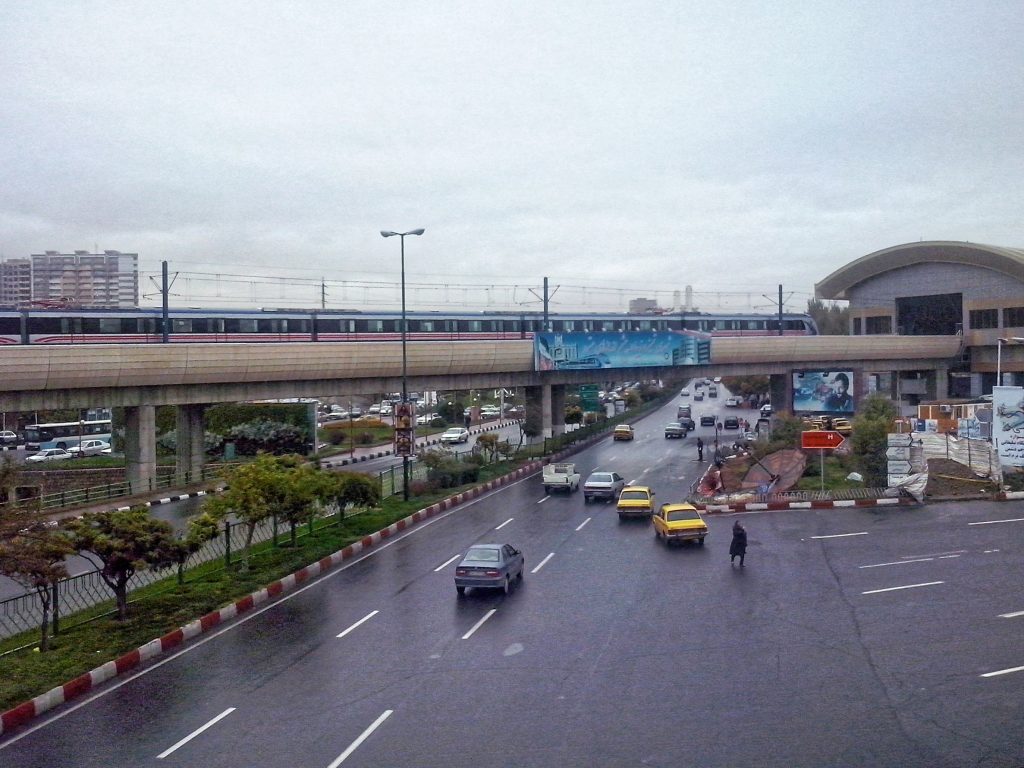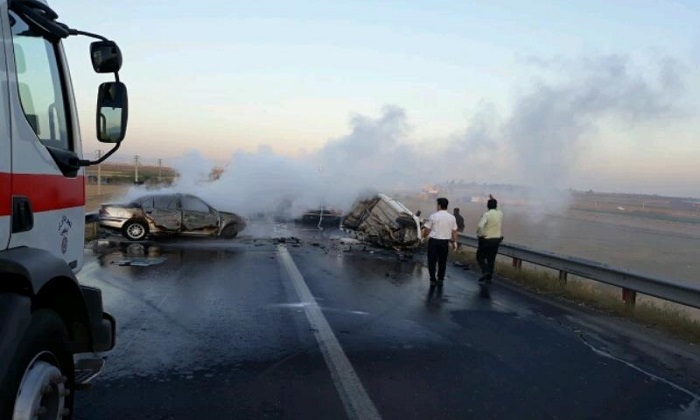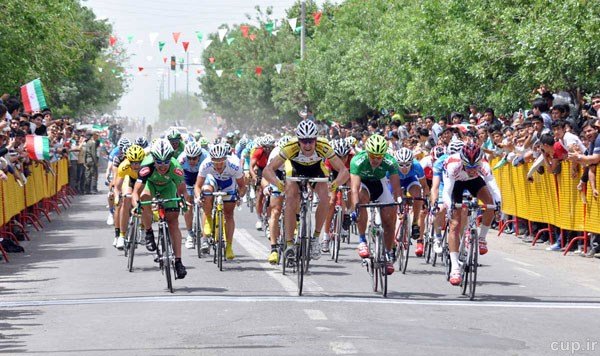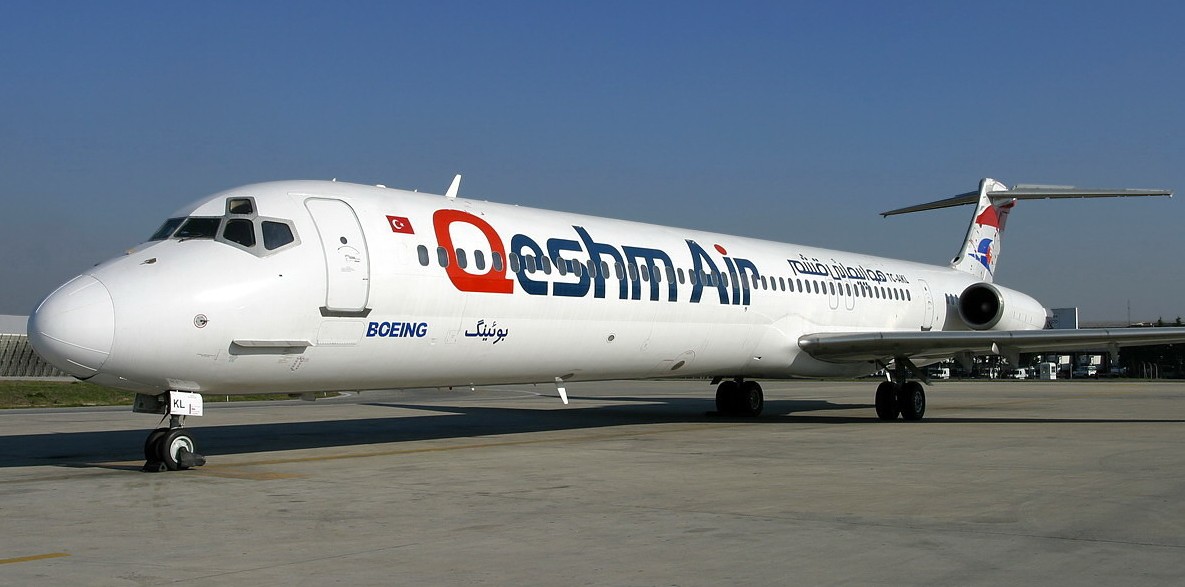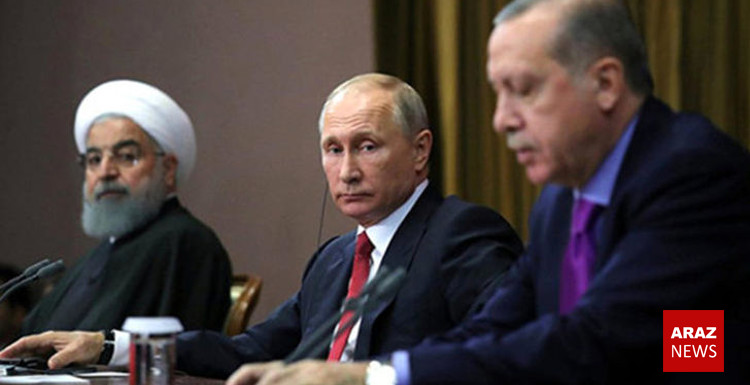Iran’s Turkish question-By NEVŞİN MENGÜ
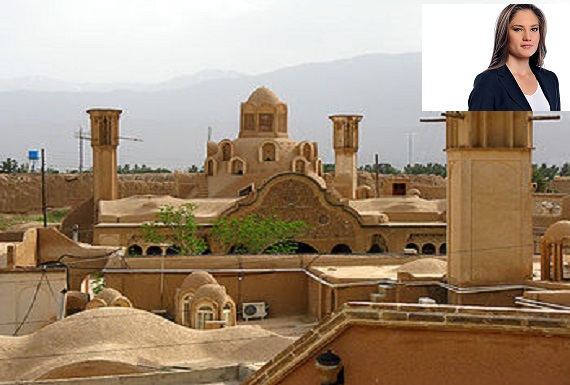
Araz News: I was wandering around in a historic caravansary a little outside Kashan in Iran, a Turkic city that dates back to antiquity. A group of students, from the University of Tehran, I later found out, were sightseeing at the historical building just like me. They were having a conversation among themselves. A young girl was surrounded by young men who were explaining something to her with utter enthusiasm. One was saying “There is no language called Turkish; Turkish is a dialect of Farsi.” I was amazed. This was the identical discourse the Turkish state adopted for the Kurdish language. I then approached the young students and had a chat with them. The young girl was an Iranian Azeri, her mother tongue was Azeri Turkish. She told me she watched Turkish soap operas on Turkish TV channels. The other guys were Farsi; they believed Azeris in Iran were totally different from Turks in Turkey, and yes, they actually believed there was no distinct language called Turkish – it was just misspoken Farsi.
Iran is made up of different ethnic groups, such as Lors, Turkomans, Arabs, Azeris, Kurds, Armenians and Baluchi. The Islamic Republic of Iran defines itself as a multiethnic society that embraces ethnic differences, but of course, only to some extent. Although never enunciated out loud, Iran has a “Turkish” problem.
Iran is made up of states – not like the U.S., but more like Germany. States don’t have much autonomy, but they exist. In northern Iran, there are two Azeri provinces, West and East, where the population is mostly made up of Azeri Turks and Turkish is spoken more frequently than Farsi. In schools and government offices, the official language is Farsi, although people can speak Turkish among each other. However, there are some red lines, like the famous song “separation” which mourns the separation of Azerbaijan and Iranian Azerbaijan, so it is not really permitted to be played in Iran. Although there is no specific law stating such, it could be considered a crime against the state.
In 2009, a young sports journalist was incarcerated in solitary confinement for a couple of months for printing a poster supporting Tractor Sazi, the Azeri majority city of Tabriz’s football club. The poster was in Turkish and read “Long Live Tractor Sazi.”
Here’s how it works in Iran, if the state sees you as a serious threat, a reason to put you on trial is found.
Now in the Iranian parliament, a new fraction has been formed with the name “Fraction of the Densely Turkish-Populated Regions.” In the Iranian system, there are no political parties like the ones we are used to seeing in Western political culture, but instead there are fractions and fronts.
So this new fraction is aiming to shed light on the problems Turkish-speaking communities face. However, there was an immediate reaction to the formation of this fraction. The Iranian Researchers and Historians Group wrote a letter to the head of Iranian parliament, and highlighted the dangers of forming such ethnic-based groups in parliament. Some parliamentarians argue that the formation of the Fraction of the Densely Turkish-Populated Regions is against the constitution. But members of the fraction keep defending their right to exist.
Will new fractions defending Kurdish or Baluchi rights be formed or not remains uncertain. Iran is probably not as immune as it seems to the ethnic tensions storming the region.
By- NEVŞİN MENGÜ




